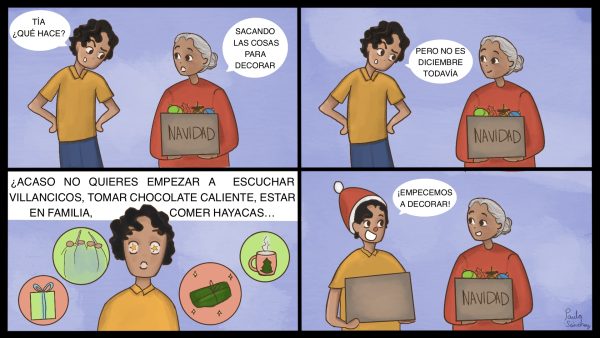E85 delivery van brings clean air
September 5, 2011
Jam-packed as it is with countless smog-emitting vehicles, Chicago ranks 17 out of more than 200 other cities for 24-hour particle pollution, according to the American Lung Association’s State of the Air report for 2011. However, among all the pollution surrounding Columbia’s campus is a van that helps make the air a little more breathable.
As Part of the “Eco Columbia” effort, the college purchased a flex fuel delivery van in December 2010 that runs on E85 or standard gasoline. The van is available for use by faculty and students.
“Flex fuel means it uses more than just gas, so with E85, it’s also using corn,” said Sarah McGing, facilities coordinator for Facilities and Operations.
According to Robert Kingsolver, dean and director of the Environmental Studies program at Bellarmine University in Louisville, Ky., E85 is a fuel consisting of 85 percent ethanol, made from corn. The van is able to switch from one fuel to the other without damaging the engine.
“This saves on gas and money in an added attempt by Campus Environment to go green and live smarter,” according to Columbia’s website.
“[Ethanol] is cleaner … it can sustain and reproduce,” said Margarita Poromanska, instructor of Environmental Science at Columbia. “Fossil fuels, like crude oil, are not sustainably produced. We will run out of it. It’s dirty, [and] it has an
environmental impact.”
The E85 van is filled solely with E85, McGing said. The cost of the van is generally the same as an ordinary cargo vehicle that runs on gasoline alone, according to McGing.
“Where we’re saving money is the price in gas because flex fuel actually lasts a little bit longer, almost like a hybrid,” McGing said. “We’re filling up once a month while with our previous van, we were filling up two to three times a month.”
According E85Prices.com, a site Eco Columbia promotes at the bottom of its website, E85 prices were 40 cents cheaper than regular gasoline prices, as of Aug. 8.
The site also said there are currently 257 stations selling E85 in 191 Illinois cities.
The eco-friendly van saves dollars in other areas.
“If we’re going to pick something up that’s being donated, we’re not [paying as much] for that shipping cost,” McGing said. “We do get things donated to the college quite a bit so; that’s one of the main things our van does.”
However, with pros come cons, and there are several drawbacks to E85 fuel, including the impact it has on the price of corn.
According to Kingsolver, ethanol has helped farmers because corn is now in higher demand, but it has also raised the price of corn as a commodity.
“It’s a mixed blessing from the agricultural and environmental perspective,” Kingsolver said.
He added the production of ethanol is a very energy-intensive process.
“When you put all of that energy into it, ethanol can take as much energy to make as it produces,” Kingsolver said.
Other concerns include the amount of land it takes to grow the corn needed.
“There is not enough land area to grow enough corn to supply the fuel needs of our population,” Kingsolver said. “It may be an important bridge fuel to get people to think about other fuel sources other than petroleum, but there are probably some better improvements we could think of down the road.”
The process is energy-intensive and land-consuming, and its convenience is an issue too. According to McGing, E85 stations are “generally sparse.” However, there are a few stations close to campus.
Despite the drawbacks, McGing, Kingsolver and Poromanska agreed the E85 delivery van is a good investment. E85 isn’t a “perfect fuel” alternative, Kingsolver said, but Columbia’s E85 van is keeping the air cleaner.
“If we are more independent, and if there’s a better product we can use, it’s an advantage,” Poromanska said.






